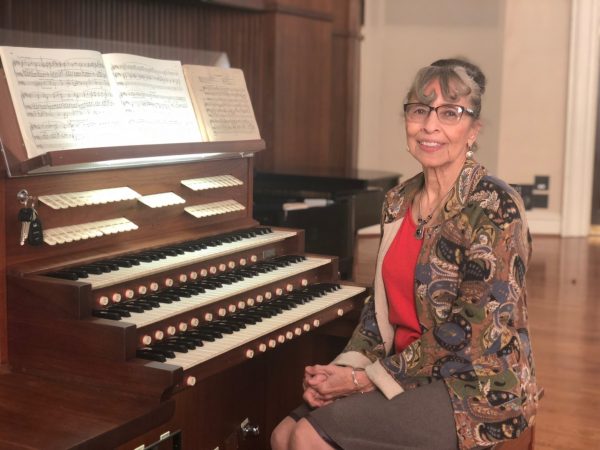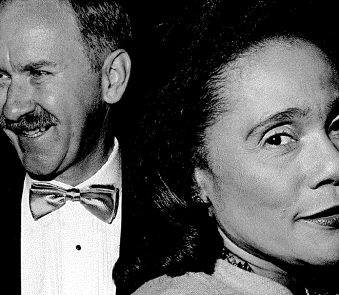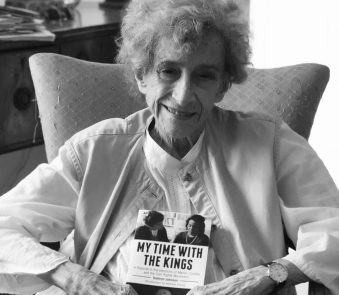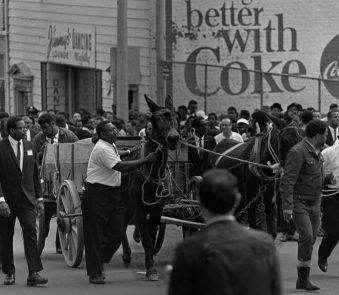While MLK Was Lying In Repose At Spelman, Organist Joyce Johnson Played On
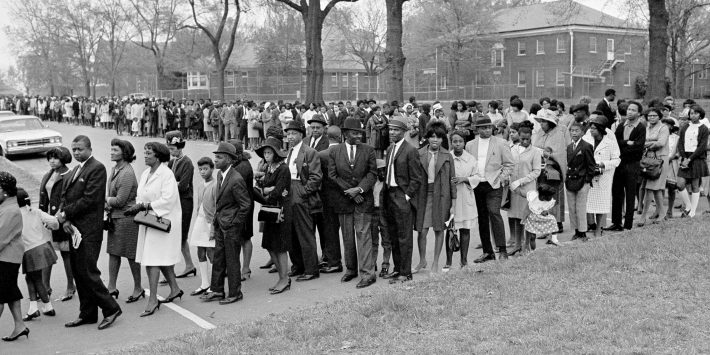
Shortly after his death, Dr. Martin Luther King Jr.’s body was brought to Spelman College, and people from around the world came to pay their respects. The woman who played the organ for those visitors was former Spelman professor Dr. Joyce Johnson.
Johnson spoke with WABE’s Rose Scott to reflect on the day that King died and how it affected the Spelman campus.
On the April 4, 1968 — the day that King died — Johnson and her husband were celebrating their anniversary.
“When we arrived back at home, the babysitter told us that Martin Luther King Jr. had been assassinated in Memphis,” she said. “It was unbelievable.”
Johnson was concerned about what would happen in Atlanta. At the Spelman campus, she said there was “pandemonium everywhere.”
“Everyone was just upset and concerned,” she said. “There was anger. There was sadness. All kinds of emotions were being expressed on campus.”
Yet, Johnson tried to stay alert and to do what she was supposed to do.
“I was asked to play (the organ) for those two days by the college minister here who was fulfilling the request of Mrs. King,” Johnson said.
She said her husband recalls her playing into the night after the first day that King’s body was at Spelman.
“In terms of choosing music, it was not difficult to choose quiet, reflective music, some of which may have been spirituals,” Johnson said.
Johnson has been the organist at Spelman since 1955. Music has been a big part of her life.
During her interview on “Closer Look,” Johnson also reflected on how things have changed in the 50 years after King’s death.
“As the old saying goes, ‘The more things change, the more things stay the same,’” she said. “Sometimes it’s been very difficult to access the progress that has been made in these 50 years.”
She acknowledged that while the civil rights movement brought positive changes for African Americans, there is still work to be done.
“A large part of our population is in need of better education, better health care, better respect, better protection from the police, (and) increased opportunities for their personal growth,” she said.
